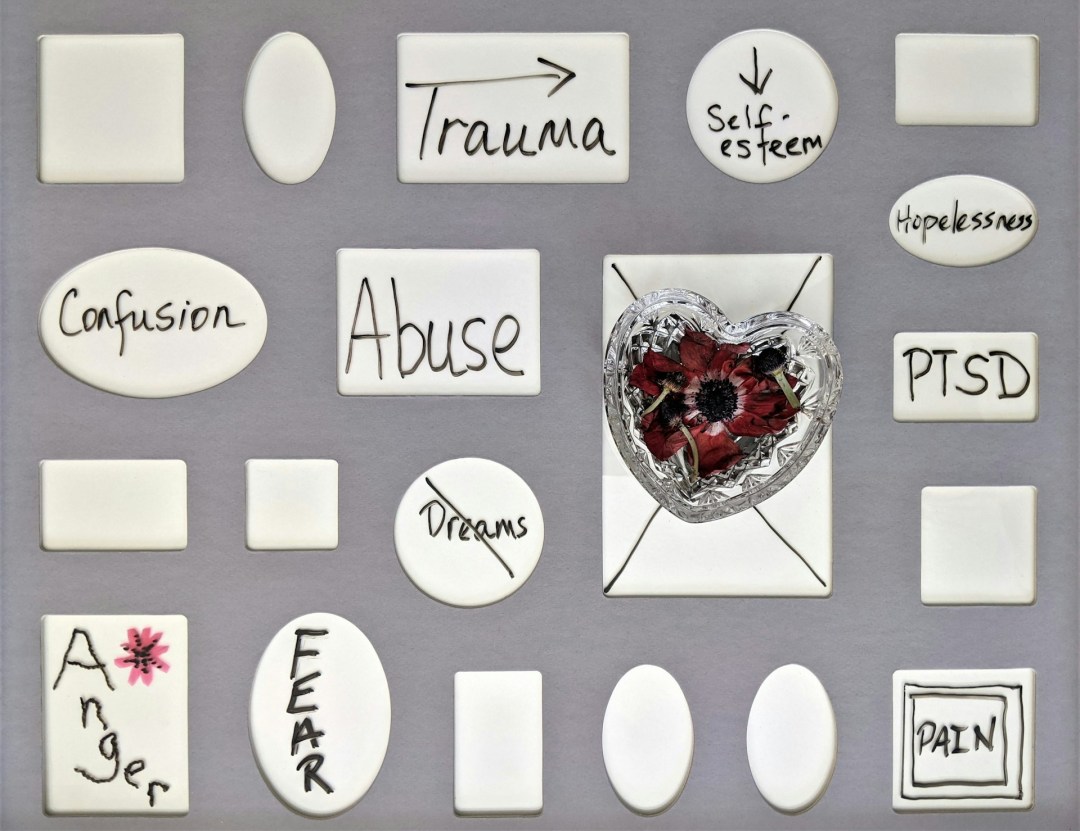Last summer I received an email from an employee at the Department of Corrections. They expressed interest in forming an advisory council to gather feedback. Since then, I’ve put more effort into self-reflection and analysis than at any other time since my first few years in prison.
It’s not easy to pin down what was effective in my process. I know I always felt like I had to figure my shit out, for a lot a reasons. Partly, I was motivated to:
- Redeem myself in the eyes of my parents, my wife and my son
- They were both motivation and support
- Reward those who had not turned their back on me
- Deserve not to be despised by my daughter
- Make up for what I had done
- Not to even the scales (as if that were possible), but to atone
- Prove I wasn’t the type of person to senselessly do something like that
- Deserve another shot at life, and ensure I could make the most of it
- I knew I would only ever get one
Those were the essence of my commitment, the fuel. But what actually made it work? How did I rehabilitate myself? That is what the Director of the Department of Corrections is asking. And it’s a worthwhile question.
It Makes Sense to Ask the Impacted Population
I remember feeling disoriented when I read their initial email. I didn’t know what to make of it. I didn’t trust myself to read it without projecting my own hopes onto it; and, I didn’t believe what I thought I read.
We are interested in learning how we can improve the experience of those under our jurisdiction and support them toward a fulfilling life outside the judicial system.
– Renee’
I felt barely confident enough to reply, but I had to investigate. While talking to Renee’, I felt I could trust her. Sometimes you can tell a lot about a person by talking to them. Our conversation helped me decide to at least speak from my experience and give them space to do with that what they will.
But, I allowed myself the determination to walk away if they take advantage. Of course I felt cautious. These were agents of the system that housed me, that kept me from my family for two decades.
While incarcerated I didn’t feel supported by the system. Some things provided a framework for my rehabilitation. Some people helped soften the hard edges of the system and reaffirm my commitment. But my recovery was my own; I put in the work.
Now that very system seems curious about my process.
A Worthwhile Question Deserves a Penetrating Answer
I’ve since spoken with a few members of the administration of the Department of Corrections. They all seem open and genuinely interested. I appreciate that. It makes me willing to put effort into answering their questions.

Their questions are straightforward:
- What worked for you?
- How did we help you?
- What hindered you?
- What could we have done better?
Sometimes the simple questions are the hardest to answer clearly. Of course the answer cannot be as concise as the question. One of our goals is by December 2024 to compile lists of behavioral patterns and environmental barriers. It seems daunting, but I think we can identify common threads to our diverse stories.
I will have discussions with the successful people I know; we will focus on their lived experiences. I will collate their successes and struggles – try to find the essence of the wisdom they lived, so I can faithfully amplify their voices. And I will speak for my friends: some of whom are still struggling, and some of whom will never get a real opportunity to be successful outside the walls of a prison.
